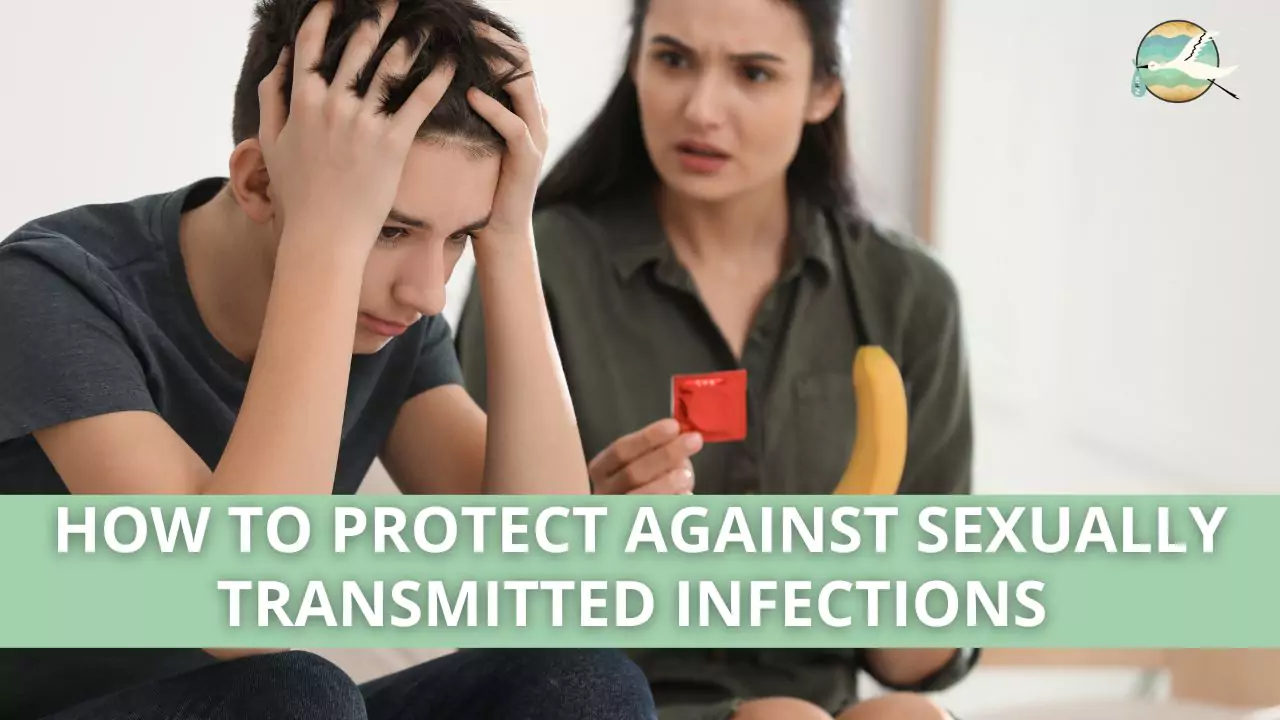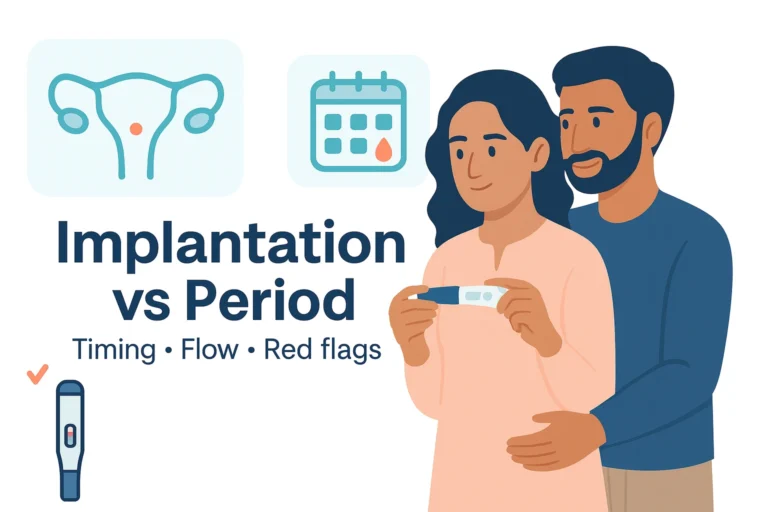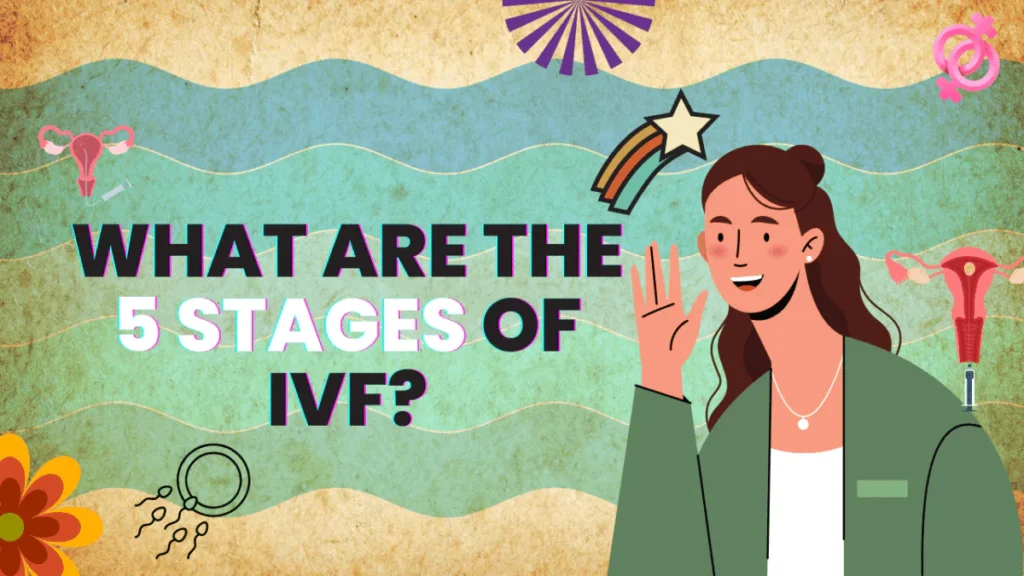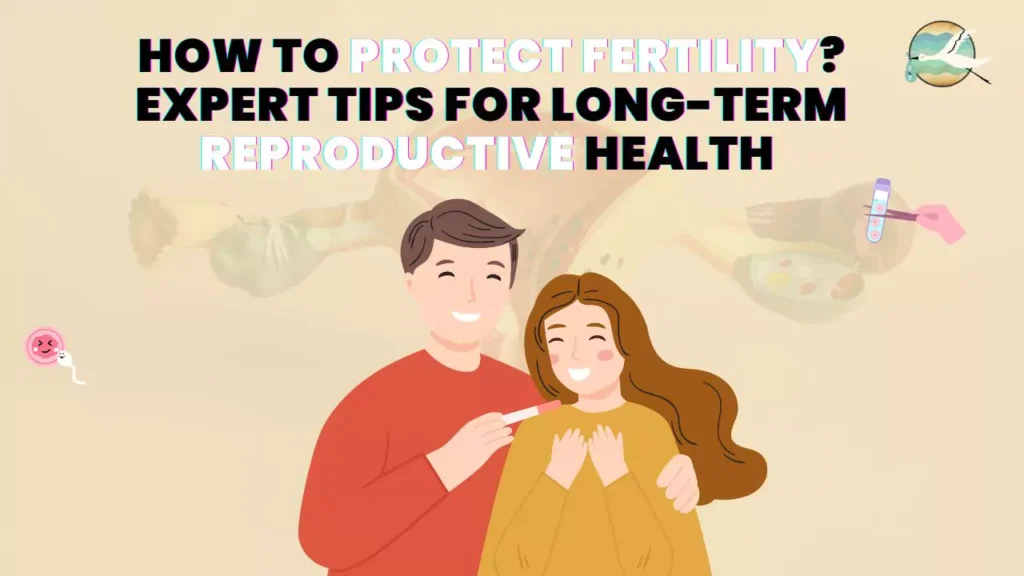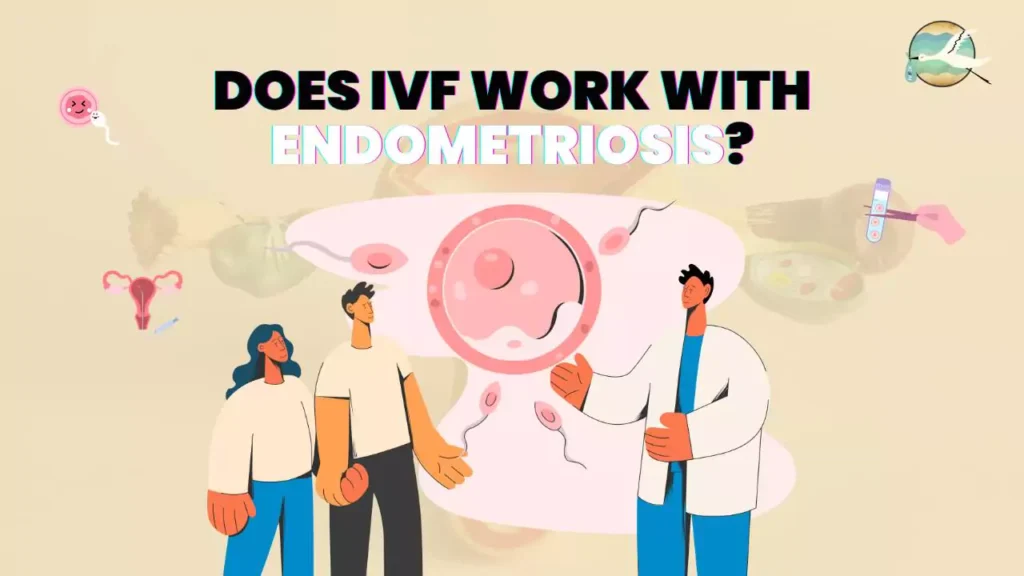Discover effective ways to protect yourself from sexually transmitted infections (STIs) in this informative guide. Learn about prevention methods, safe practices, and frequently asked questions.
In a society where social interactions are so important to our lives, it is essential to put our health and well-being first. Maintaining a healthy lifestyle includes taking precautions against sexually transmitted infections (STIs). Whether you’re starting a new relationship or are already in one, you need to know how to prevent STIs. This comprehensive guide will go over practical tips, secure routines, and insightful information to arm you with the knowledge you need to prioritize your sexual health.
How to Protect Against Sexually Transmitted Infections

Sexually transmitted infections can affect anyone, regardless of age, gender, or marital status. By adopting responsible habits and employing time-tested methods, you can significantly reduce your risk of contracting sexually transmitted infections. Let’s look at some practical strategies:
Regular STI Testing: Sexually transmitted infection testing on a regular basis is essential for prevention. It’s important to get regular testing even if you’re in a committed relationship. Testing encourages open communication about sexual health with your partner and allows for the early detection of any potential illnesses.
Proper Use of Condoms: Condom use is an essential part of fighting against sexually transmitted infections. When properly and consistently applied, they significantly reduce the risk of transmission. Use condoms that are polyurethane or latex-based and follow the manufacturer’s instructions.
Vaccinations: Vaccination is a powerful tool in the fight against STIs. For instance, the HPV vaccine provides protection against human papillomavirus, a common STD that can have a negative impact on one’s health. Follow the recommended vaccination schedule and discuss them with your doctor.
Communication is Key: To communicate openly and honestly with your partner, you must have honest conversations. Talking about sexual history, testing, and protection techniques can help you establish a foundation of trust and accountability in your relationship.
Limit Sexual Partners: Limiting your sexual partners can reduce your risk of getting an STI. With more relationships, exposure becomes more likely. By emphasizing quality over quantity and employing safe practices, you may be able to better protect your sexual health.
Practicing Mutual Monogamy: Mutual monogamy, in which both partners agree to sexual restraint, can be an effective method for preventing sexually transmitted infections. This tactic demands respect and understanding among all parties.
Avoid Risky Behaviors: The possibility of spreading sexually transmitted infections is greatly increased by risky behaviors like sharing needles or engaging in unprotected sex. Prioritize your health and make informed choices.
Pre-Exposure Prophylaxis (PrEP): If you are more likely to contract HIV, you might want to think about taking PrEP, a daily medication that can reduce your risk of infection. Speak with your healthcare provider to determine if PrEP is a good fit for you.
Post-Exposure Prophylaxis (PEP): PEP, a temporary strategy, calls for taking medication after potential HIV exposure. Seek immediate assistance if you suspect you may have been exposed to the virus.
Hygiene and Self-Care: It’s important to remember that while maintaining good personal hygiene is important, over-cleaning or douching may disturb the normal balance of vaginal flora and increase the risk of infections. Pick gentle cleaning methods to maintain a clean and healthy environment.
What are the Symptoms of Sexually Transmitted Infections?
Through sexual contact, a class of diseases known as sexually transmitted infections (STIs) can spread. Some STIs may not cause any symptoms, but others may cause a wide range of unsettling symptoms. It’s essential to be aware of these symptoms so you can seek medical care and attention as soon as possible. Keep in mind that symptoms can vary depending on the person and the specific STI. The following are some typical STI symptoms and signs:

Symptoms of Genital Herpes
- Painful sores or blisters around genitals or mouth.
- Itching or tingling before sores appear.
- Flu-like symptoms (fever, swollen glands).
Symptoms of Chlamydia
- Pain or burning during urination.
- Abnormal vaginal or penile discharge.
- Pain in the lower abdomen.
- Painful intercourse (women).
Symptoms of Gonorrhea
- Painful urination and abnormal discharge.
- In women, severe abdominal pain and fever (PID).
Symptoms of Syphilis
- Painless sores (chancre) on genitals, anus, and mouth.
- Rash on palms or soles.
- Fever, fatigue, muscle aches.
- Progresses to severe stages affecting organs.
Symptoms of HPV (Human Papillomavirus)
- Genital warts (flesh-colored growths).
- Some strains are linked to abnormal Pap smears, and cervical cancer (women).
Symptoms of Trichomoniasis
- Itching, and burning in the genital area.
- Abnormal, greenish-yellow vaginal discharge.
- Painful urination, discomfort during intercourse.
Symptoms of HIV (Human Immunodeficiency Virus)
- Early stages: flu-like symptoms (fever, fatigue, body aches).
- Weakens the immune system, and leads to opportunistic infections.
Symptoms of Hepatitis B
- Fatigue, nausea, abdominal pain.
- Jaundice (yellow skin, eyes).
- Dark urine, pale stools.
- Can cause chronic liver disease, and liver cancer.
Symptoms of Hepatitis C
- Often asymptomatic in early stages.
- Damage to the liver, cirrhosis, and liver cancer can result from chronic infection.
Symptoms of Pubic Lice (Crabs)
- Intense itching in the genital area.
- Small red/blue spots from lice bites.
- Presence of tiny insects or eggs in pubic hair.
Keep in mind that symptoms can vary, and if you think you may have an STI, consult a doctor for testing and treatment.

FAQs About Protecting Against Sexually Transmitted Infections
Q. Can oral sex cause an STI?
It is true that STIs like herpes, gonorrhea, chlamydia, and syphilis can spread through oral sex. Condoms and dental dams can help to reduce the risk.
Q. Do all STIs have a cure?
No, not all STIs can be cured, even though many of them can be treated. Some viral STIs, like HIV and herpes, have medicated symptoms that can be managed.
Q. Can I contract an STI from a public restroom?
Using a public restroom has very little chance of giving you an STI. Sexual contact is the main method by which these diseases are spread.
Q. Do I still have an STI if I don’t have any symptoms??
Yes, a lot of STIs can be asymptomatic, which means you might not exhibit any symptoms. In order to identify and treat infections early, routine testing is essential.
Q. Sharing towels or clothes puts me at risk of getting an STI.
Sharing towels or clothing can potentially spread some STIs, like pubic lice or scabies, though the risk is minimal. It is best not to exchange private items.
Q. Is having sex while on your period safe?
It’s generally safe to have sex while on your period, yes. To stop the spread of STIs, however, it is still imperative to use protection.
Read More:
- Symptoms of High-Risk Pregnancy
- IVF for Gay Couples: Cost and IVF Insurance 2023
- What is blastocyst in IVF?
- Sperm Cramps vs Period Cramps
- What is Sperm Cramps?
Conclusion
Maintaining overall well-being requires prioritizing sexual health. By developing responsible habits, promoting open communication, and committing to protection, you can significantly lower your risk of contracting sexually transmitted diseases. Remember that knowledge is your best tool. Take responsibility for your own well-being, stay informed, and make wise decisions.

